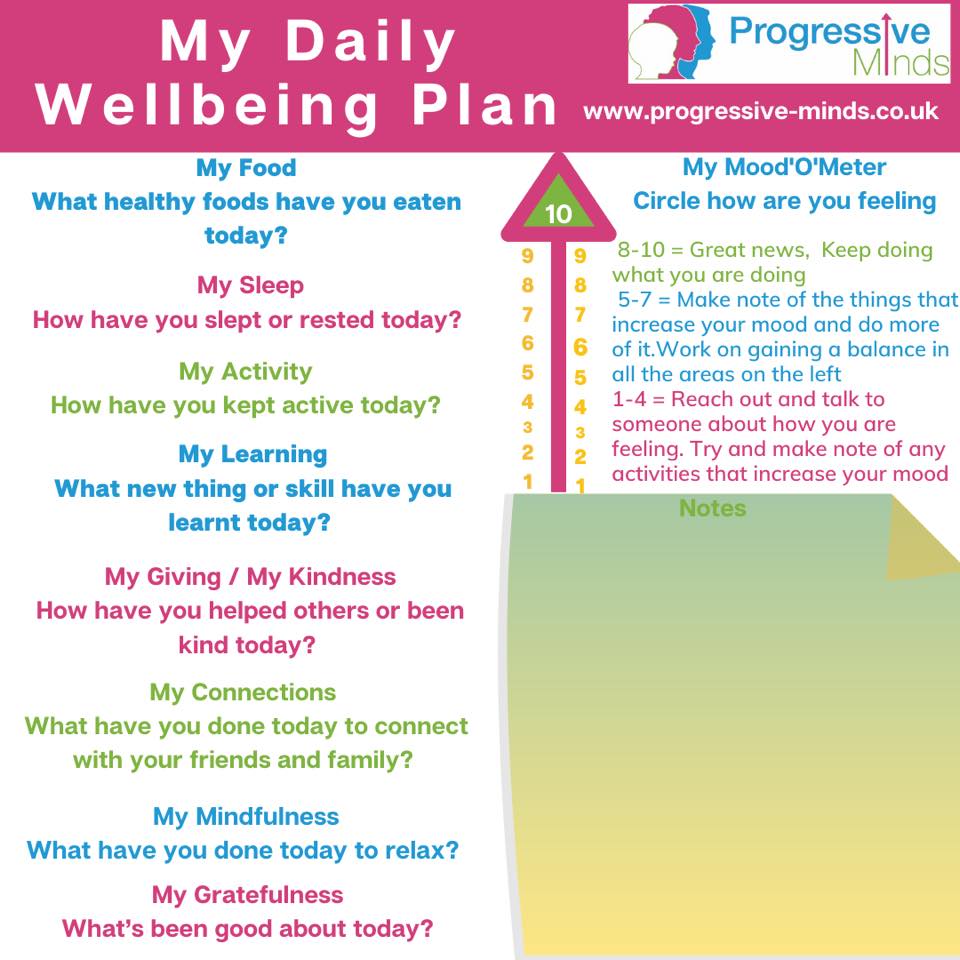
Wellbeing.
We hear this term a lot these days, even more so during the current pandemic and isolation. It has become more important than ever to look after our wellbeing and to ensure we look out for that of others.
But what exactly is wellbeing?
It can be described as a ‘state of being comfortable, healthy, or happy’. Whilst that definition will mean different things to different people, there are common tools that can help us all to reach our desired destination. Many people think that looking after your wellbeing means you need to be hippy, fluffy or woo and that just isn’t the case. Everyone is different and finding your equilibrium and what works for you, is unique to you.
Research as far back as 2008, proved that there were 5 ways to positively affect your wellbeing. This is still used in the NHS today. You should not underestimate the importance of spending time getting to know what works for you and the impact it can have on your overall life. Making small changes to safeguard your mental health and wellbeing will help you navigate the stormy seas ahead. And it is never too late to get started.
Your wellbeing is like a boat – when it’s going through hard times it gets battered, and if you don’t look after it you will start to sink and feel overwhelmed. Everyone is breakable. Working out what self-care works for you is essential right now and it shouldn’t be something you put off. What you do now will help you not only for now, but for the rest of your life, so it is the greatest investment that you can make.
All of this will help you to develop your own personal toolkit, so that you can learn how to truly relax, and to find the things that bring you joy, happiness and fulfilment in your everyday life. By discovering and recording the things that lift our mood, we will know what to do to help ourselves when we need it.
Building your toolkit
To get started, ask yourself the following questions over the next few days and record the thoughts that emerge.
- What do I need to do for me every day to positively affect my wellbeing?
- How can I build this into my routine?
- How will I gauge what is working for me?
- Is there something new I can try?
In addition, use the plan below to reflect on:
- your mood at least once a day (though it is also useful to track this throughout the day and look at how your mood has been lifted and directly impacted by activities, events, etc)
- how you can do more of what makes you feel good
- your physical and mental activity levels
- how you are connecting with others
- how you are fuelling your mind and body
- whether you are making enough time for you
- any high points or joy in your day

It may seem strange or even uncomfortable at this current time to be thinking about gratitude and what has made you happy in your day, but there is something to be grateful for in every day. What are you glad you did today (and may be even more appreciative of down the line)?
It doesn’t have to be something huge. It may just be the cuddle your little one gave you before bed, the text a friend sent to check in with you, something that made you laugh, or being glad that you had that elusive tin of beans in the cupboard so you could grab a quick lunch in the midst of homeschooling chaos.
Laughter and positivity are much needed in difficult times and the more you can share this with others the better. Spread the joy and appreciate the little things. But if there are some bigger things you are grateful for – do not be afraid to record and celebrate them, even if just for yourself.
Once you have started to build up the responses, you should see some patterns emerge and have a better idea of activities that you can schedule into your day to ensure that you are increasing your wellbeing and awareness of how to increase your positive feelings. You will have a bank of things that make you happy and can schedule more of these into your days. Create a list of happy things you can do now!
Also start to plan ahead what you would like to do when restrictions are over, whether that’s something new or what you have done before. All have benefit to your wellbeing! You don’t have to assign dates or deadlines to them, but by giving yourself things to look forward to you may just help to add some positivity to yours and your family’s day.
An important point to note here is that such activities are not just for when you are feeling down, anxious or upset. It is very easy to stop reflecting and building our toolkit when we feel happy, as we feel it is not needed. It is in the good times that we need to plan ahead and build our armour for the rocky times.
By doing these activities regularly, even when having good days, by stretching yourself a little each day , will build your resilience, increase your positive thinking, help you to deal better with stress, be more open to trying new things, connect with people more regularly, and help you to bounce back from set backs when the bad days occur. By measuring how these changes make you feel and making adjustments, it will positively impact your wellbeing. It’s proven!
Get started now, post below what has boosted your wellbeing today – let’s share the positivity to help each other!
